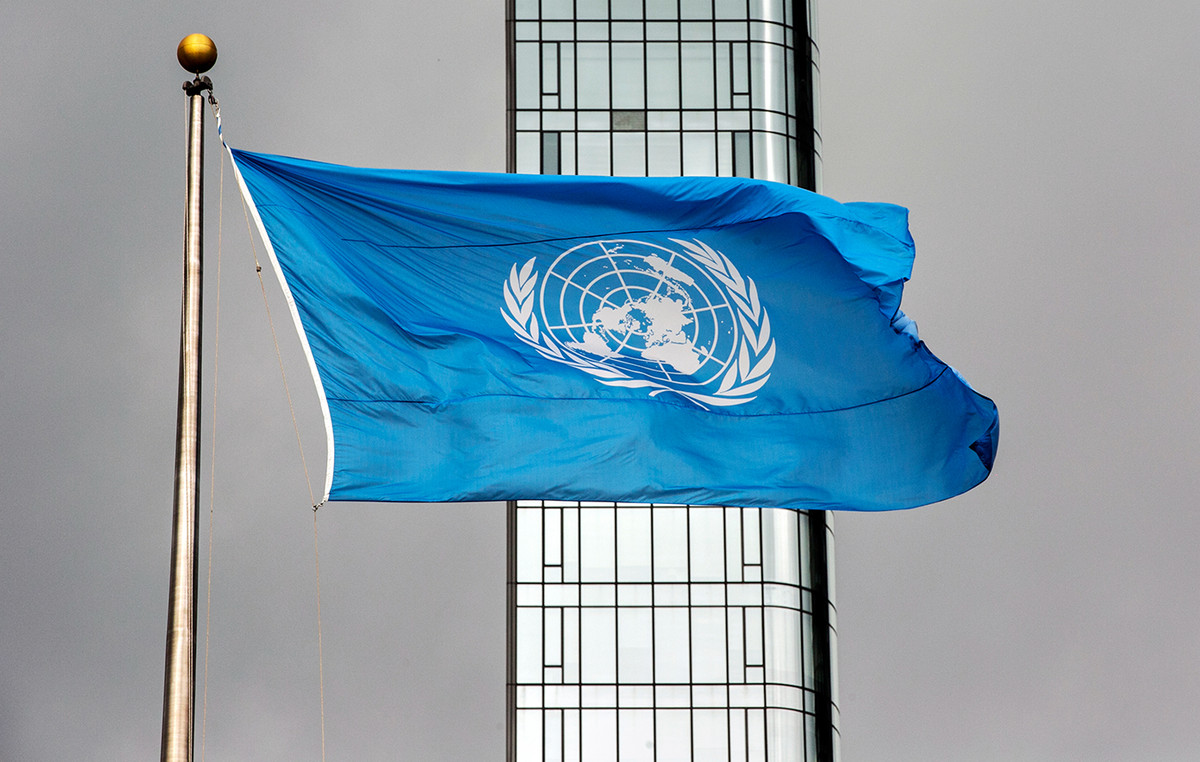The alarm of the Gimbe Foundation has come from the past few hours: “The vaccination campaign is stalled“. On the other hand, a few thousand first doses are now made per week. I am instead nearly three million booster dodgers, that is, those who, after four months from the administration of the second dose, could for some time do the third but hesitate. Probably comforted by the news on the easing of measures and the gradual abandonment, for spring and summer, of the green pass. In addition to those who hesitate on the booster there are those totally without protection: over 6 million people of vaccination ageages 5 and up, have not received a single dose of the vaccine.
If the former think they are protected with only two doses of the primary cycle, unfortunately they are wrong. A study just released on the medRxiv platform, yet to be peer-reviewed but which has given against Naturereturned to investigate i levels of protection offered by Pfizer-Biontech and Moderna vaccines towards the two main sub-lineages of Omicron: the subvariants BA.2 And BA.1. The second is predominant in many countries but the first is progressively gaining ground. The good news is that the vaccines offer a similar threshold of protection against the two strains. The bad one is that protection drops quickly and recall is needed to restore defense from severe illness and hospitalization to acceptable levels.
Laith Abu-Raddad, epidemiologist and infectious disease expert at Weill Cornell Medicine-Qatar in Doha, co-author of the study, explained that he conducted a massive observational study using vaccine and test results data from the Qatar health system. Together with the team he found out that the residents they received two doses of an mRna vaccine they enjoyed a few months of substantial protection against symptomatic disease, whether it was related to Omicron 1 or Omicron 2, to put it in journalistic jargon. However protection fell to 10% on average 4-6 months after the second injection. It means that the vaccines prevented only 10% of the cases that would have happened if all individuals had been without vaccine protection.
The protection against BA.2 did not seem to wear off any faster than that for Omicron 1. But the key point is that the recall brought back the defense thresholds against symptomatic infection between 30 and 60%. Other data in the United Kingdom showed similar numbers: if 25 weeks after the second dose the effectiveness of the primary course of the vaccine drops to 20%, it then rises to 70% between two and four weeks after the booster. Which therefore, in the face of two such contagious sub-variants, remains essential.
After the necessary statistical adjustments of the case, the group also investigated the level of protection against the syndrome in the severe form: remained at 68% for at least 7 months even in those who received only two doses, however, going back to 80% for those who made the recall. And apparently vaccines should offer a higher threshold of efficacy precisely against BA.2. Virologist Andrew Pekosz of Johns Hopkins University in Baltimore, Maryland returned to point out Nature the importance of the third dose: «Focusing on the primary vaccination schedule is no longer enough. There must be plans to effectively vaccinate populations through a booster ».
Other stories of Vanity Fair that may interest you
Covid, will it really be inevitable to get infected?
Telephone Friend, requests for help increased by 85%. The weight of the pandemic on the mental health of Italians continues
Source: Vanity Fair
Donald-43Westbrook, a distinguished contributor at worldstockmarket, is celebrated for his exceptional prowess in article writing. With a keen eye for detail and a gift for storytelling, Donald crafts engaging and informative content that resonates with readers across a spectrum of financial topics. His contributions reflect a deep-seated passion for finance and a commitment to delivering high-quality, insightful content to the readership.







